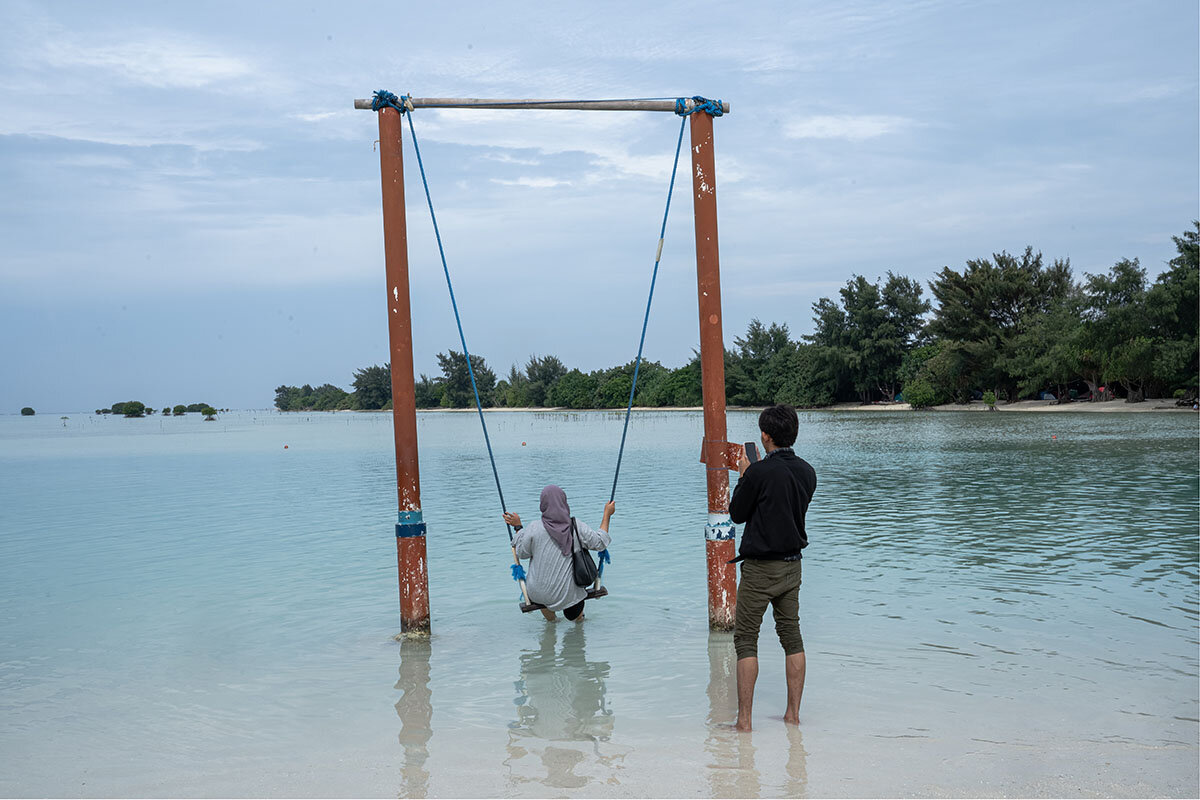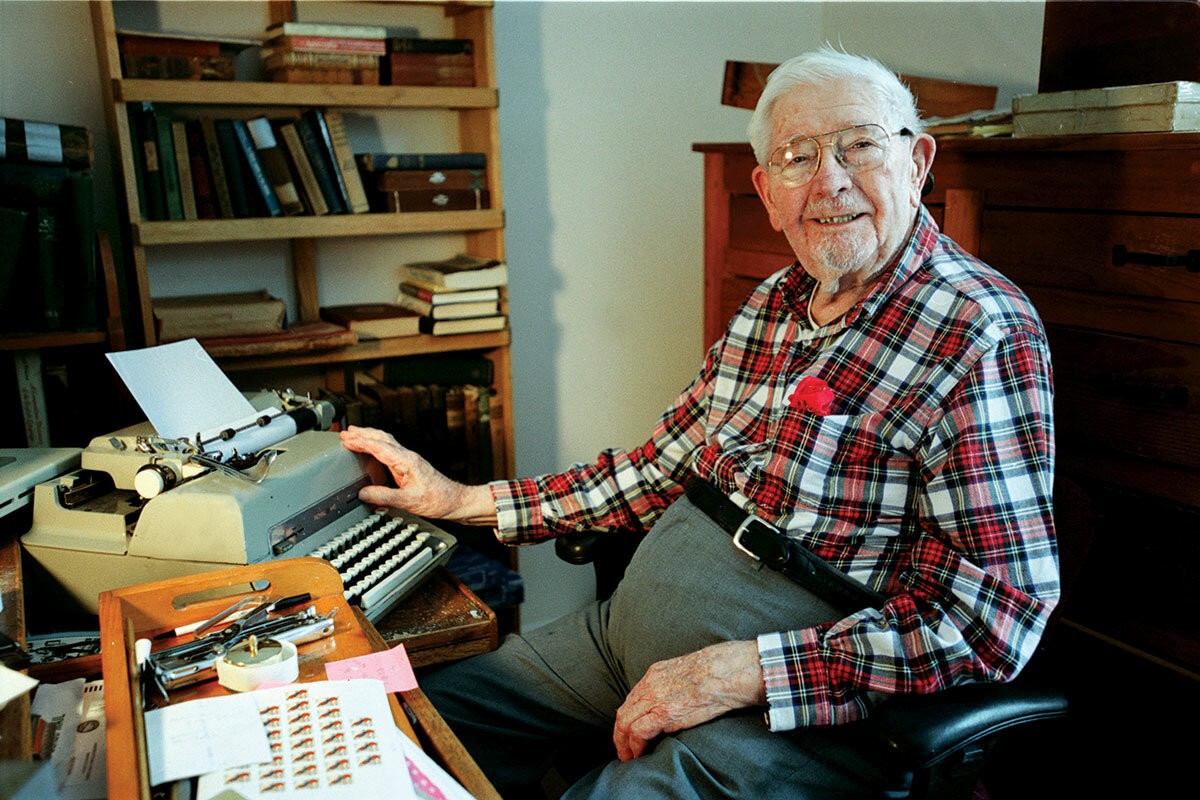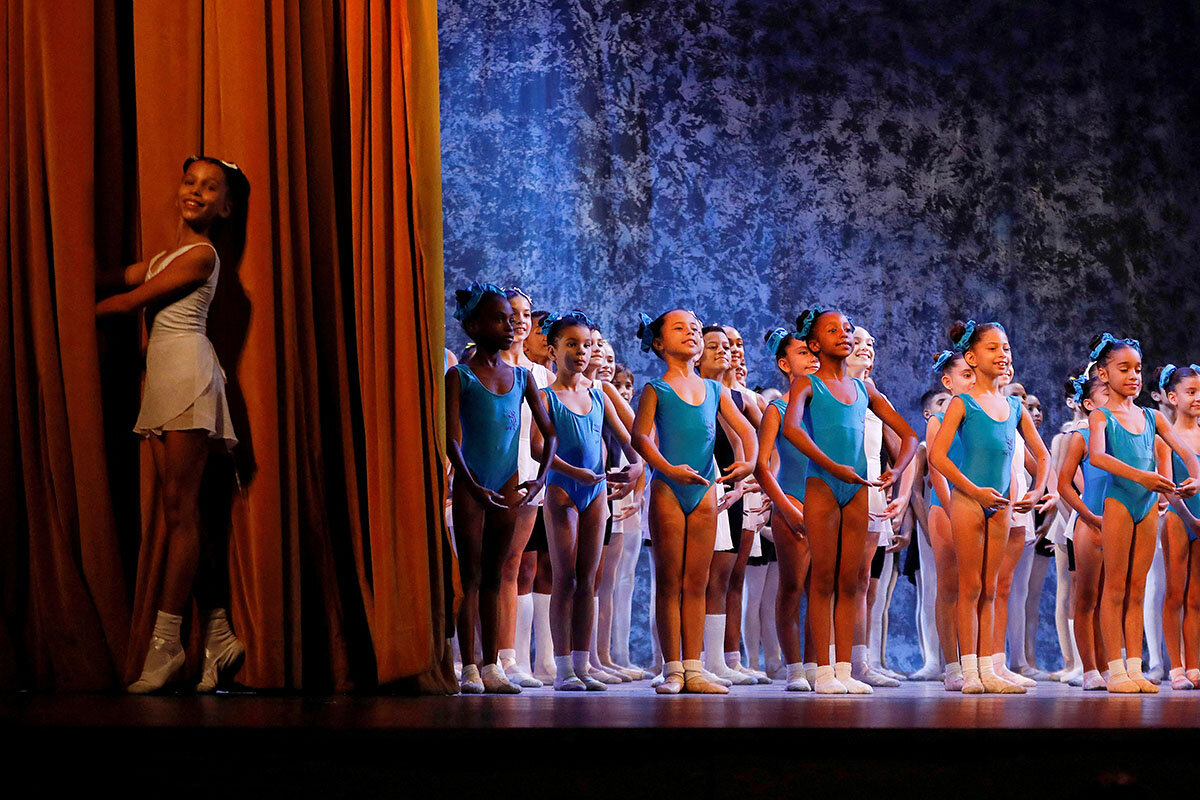For decades, most Latinos have voted for Democrats. But that’s changing. Increasingly, Latino voters see their conservative values mirrored more closely in the Republican Party. Our reporter gives us a closer look at South Texas, where the shift has been dramatic.
Monitor Daily Podcast
- Follow us:
- Apple Podcasts
- Spotify
- RSS Feed
- Download
 Noelle Swan
Noelle Swan
What do we actually mean when we talk about the American Latino community?
Our lead story today focuses on the American Latino population as an increasingly influential voting bloc. But this umbrella term “Latino” refers to a diverse range of individuals who trace their roots to Central and South America and the Caribbean. Many speak Spanish. Others do not. Some prefer the term Hispanic, used by the U.S. Census Bureau, while others reject a label associated with colonizers.
“Latinos have never agreed on a single term for what to call ourselves,” says Ranald Woodaman, exhibitions director for the Smithsonian Latino Center and the forthcoming National Museum of the American Latino. “In terms of conveying an intention of solidarity and collaboration, labels can be useful,” he says. “But they’re also dangerously reductive.”
This collective grouping opens the door for broad generalizations, including the misconception that Latino is a race. Hailing from 33 countries, American Latinos include people of all races. There are white Latinos of European descent, Black Latinos, Asian Latinos, people of Indigenous ancestry, and many who check several of those boxes. As in the United States, there are layers of racial tension within many Latin American countries, relics of a caste system imposed by colonizers from Spain and Portugal, says Mr. Woodaman.
As a documentary filmmaker and television director, Alberto Ferreras has built a career in celebration of this medley of Latino experience. For one of his most recent projects, he collaborated with the Smithsonian Latino Center to produce “Somos,” a short film that aims both to illustrate the rich diversity within the American Latino population and to lean into the collective unity shared by these distinct communities. The film centers around a single question: “If Latinos are one group, what is it that we all have in common?”
A strong concept of family and intergenerational care rose to the surface for many interviewees, though “I would never say that is exclusively Latino,” Mr. Ferreras says. Similarly, a sense of otherness, “an exclusion because of your color, your accent, your appearance, or even your name,” emerged as a common reality for a variety of individuals.
“That to me is what Latino identity is ultimately about,” says Mr. Woodaman, “being able to find the commonalities we have, appreciate our differences, and ... create a sense of political and cultural force through unity.”










